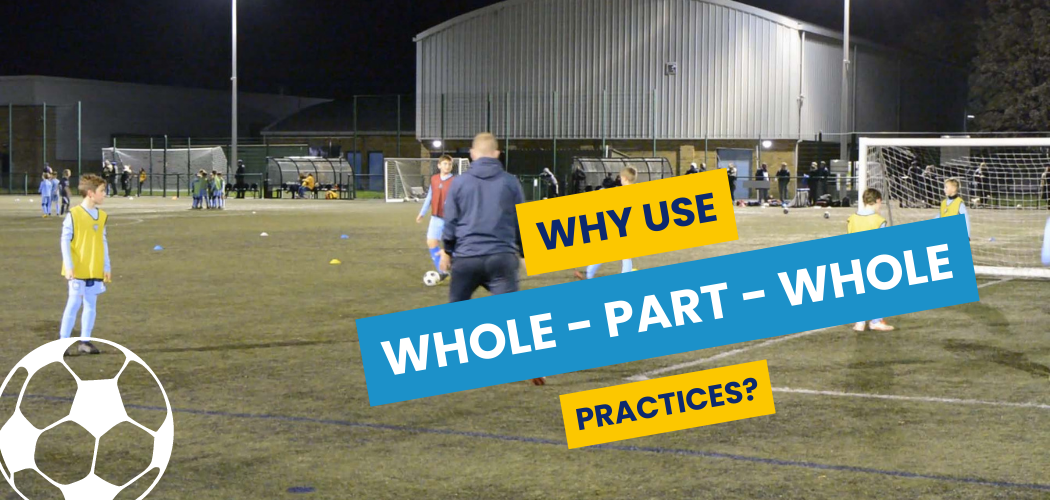I know that when I deliver a coach education course, no matter what level, one of the first questions I will get asked is…
“How do you deal with the parents?”.
Without fail I get questions and complaints about parents on every course.
With the recent silent weekends that were run across the country there was a lot of positive and negative comments across social media from and about parents of grassroots football players.
The first thing I think it is important to say is that this is not a parent bashing blog, I think one of the first things we should appreciate is how much sacrifice parents put in to taking their children around to training and matches. A child playing football for a team is a huge commitment to families, this doesn’t just include their time but also their finances and they often have to miss other family events or neglect another siblings needs to make sure that the player is always available for their team.
So this is not a blog on “dealing” with parents as if they are something we need to eradicate from youth football, but this is a blog on how we can potentially work with parents to create a better atmosphere for children and coaches involved in youth football.
For me the biggest thing you need to work on is communication. This can include how you communicate with parents, how they communicate with you, and more importantly how both communicate to the children who are playing.
I am delivering a free webinar on the topic of working with parents on 5th December, that will go into a lot more detail about this subject and you can sign up for this webinar and other webinars for free at this link:
Communication must be open and honest from the start of the process of you working with the parents child. This communication should always include what you stand for as a coach, including your own personal values and why you are coaching the team, as well as what you hope to achieve with the players. Through conversations with the parent you can find out their reasons for bringing their child to the sessions, by talking to the player you will find out their reasons for being there too. The more the three of you are aligned in your reasons for being there the more chance there is of building a great relationship. It is vital though that the coach and the player have their reasons aligned, for example if the coach is about developing players and giving fair and equal game time, but the player wants to win and get into an academy by getting spotted by scouts, you may have issues in the future.
Once you have had these conversations you need to have more official meetings that will usually end in writing a code of conduct for your team, players and the parents. This code of conduct can detail how parents, players and coaches are expected to behave throughout the season and set the standards early. The one thing that should happen before this meeting though is to find out why all the players want to play football, nothing is more important than this. This should decide your teams values, codes of conducts and expected standards, the child’s needs should always come first.
The next part of communicating with parents is to let them know what you are doing on matchdays and why. This can include the team tactics and what you are trying to do to develop the players individually such as challenges you have set them. I would encourage you to do team talks near the parents and let them know any individual challenges you have set. This allow the parents to understand what you are trying to achieve and what the players should be trying, meaning they hopefully praise this and don’t give them instructions that tell them to do the opposite.
On matchdays and at training your attention as a coach should be on one thing, the players. If you can get the parents to help you out and take on responsibility this will free up your time to work with the players. You can ask parents to do small things such as organise the referee, sort out respect barriers, set out goals etc, anything that takes your attention away from the players. This also makes the parents to feel more involved.
We then go on to how we educate parents, not just in what will help them become a better football parents but what will help the team to progress and develop. The behaviours of the parents can have a huge affect on the team and most parents are trying to be helpful and a lot of behaving how they believe they should based on their own personal experiences. We can educate parents on a number of things including:
- How to give positive praise.
- Get them to reassure players that it is ok to make a mistake.
- Praise effort rather than results.
Finally, one of the best pieces of advice is to ask the players what they want from the parents, this doesn’t have to be in front of the parents and can be done privately, whatever way you think will work best. There is nothing more powerful than hearing from your own child how they want you to support them.
There is a lot more in depth advice and detail to these subjects that I will cover on the upcoming webinar, sign up here for in invite to zoom – – or you can watch live on the TSC Coaches Club Facebook page.
The TSC Coaches Club provides free webinars, sessions, blogs, vlogs and experiences from experts that can help coaches at all levels. You can join the TSC Coaches club on Facebook, Youtube, Instagram or join the mailing list below.



